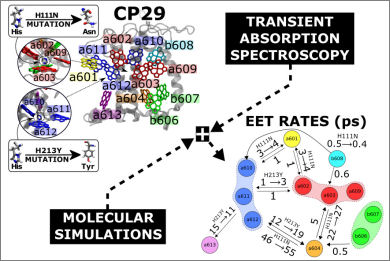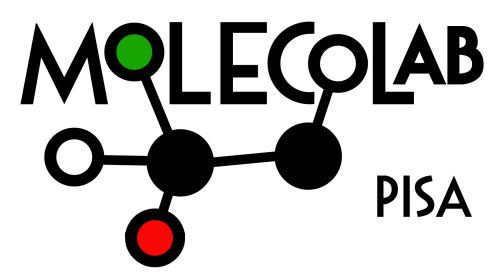
The efficiency of light capture in plants is a marvel of natural engineering, thanks to the intricate design of light-harvesting complexes (LHCs). In our latest research, we’ve explored how genetic mutations can influence this sophisticated energy transfer process, offering new insights into the adaptability of these vital systems.
Published in The Journal of Physical Chemistry Letters, our study combines ultrafast spectroscopy with advanced first-principles simulations to investigate the CP29 light-harvesting complex, a minor but critical component in plants. We measured the transient absorption spectra of CP29 and its mutant variants, and then mapped these experimental observations to simulated exciton dynamics.
Our findings reveal that CP29's energy transfer processes are surprisingly resilient to mutations, despite changes in the excitonic structure. This resilience highlights the inherent flexibility of plant LHCs and offers valuable clues for engineering more efficient light-harvesting technologies.
Discover the details of our work and how it challenges and refines our understanding of natural light harvesting in the article by
Saraceno, P.; Sardar, S.; Caferri, R.; Camargo, F. V. A.; Dall’Osto, L.; D’Andrea, C.; Bassi, R.; Cupellini, L.; Cerullo, G. & Mennucci, B.
J. Phys. Chem. Lett. (2024) https://doi.org/10.1021/acs.jpclett.4c01040

